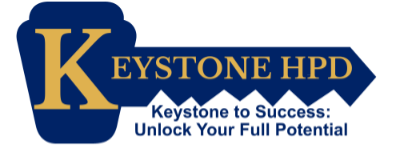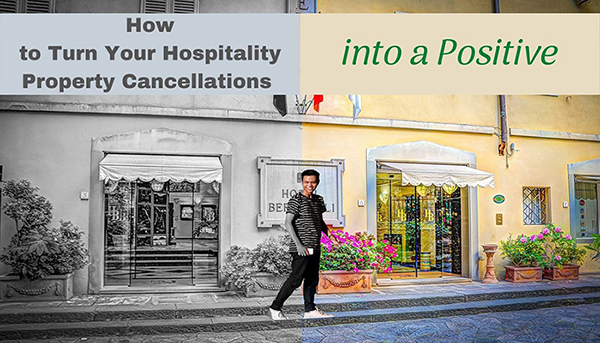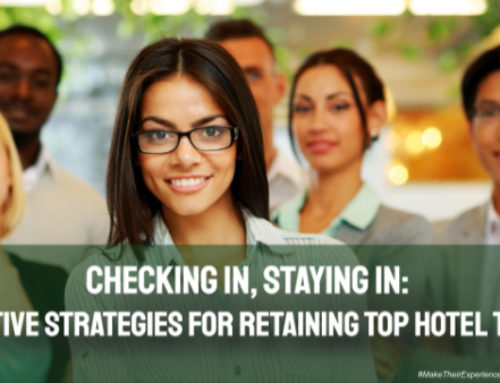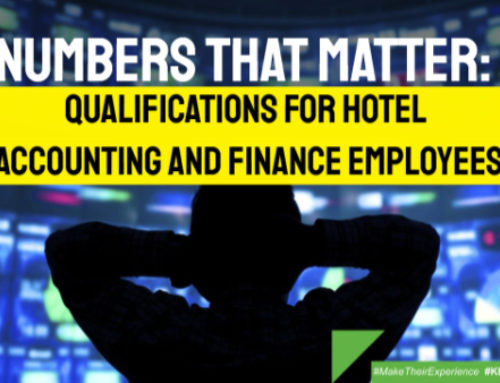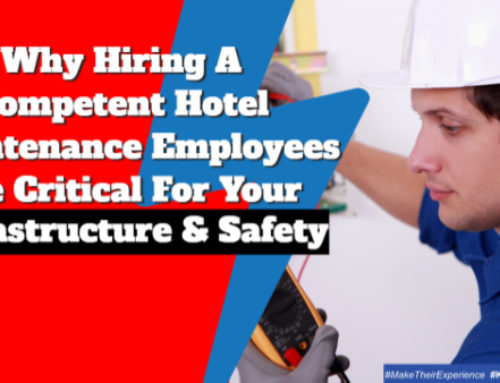.
.
Around the world, both big-brand and independent hospitality properties are feeling the sting of COVID-19.
I’m going to show you how to turn this pain into a gain.
Welcome to another edition of Hospitality Property School.
I am your instructor, Gerry MacPherson
.
As of the writing of this episode, the COVID-19 coronavirus outbreak has infected 250,618 people, claimed 10,254 lives and spread to 182 countries and territories around the world and 1 cruise ship. As these numbers are certain to continue to climb in the coming weeks and maybe months, the disruptive impact on the global travel and hospitality industry is sure to be lasting and significant.
The first area to feel the impact of COVID-19 were hospitality properties across the Asian Pacific region. It then spread to major global tourism markets like Italy and regional, business centres like Singapore and South Korea and now is working its way across the world.
As a result, the travel industry is at risk of experiencing a business downturn not just from travel restrictions put in place, but from lower levels of global and regional travel in general.
Information, analysis and planning are going to be critical for hospitality property owners and managers facing challenging operating conditions.
So, what can we learn from previous downturns and what do we need to consider to safeguard future business?
Let’s look at the industry history.
.
.
What we have learned from history
For after 911, occupancy levels in New York properties took 34 months to recover from the attacks, and the wider US market took 45 months.
In March 2003, the Severe Acute Respiratory Syndrome (SARS) virus spread across the Asia-Pacific region, causing widespread disruption.
Although the spread of SARS was quickly contained in 4 months, it took a further eight months for tourist arrivals to rebound and almost 18 months for a full recovery of the market.
In the past 15 years, the hotel, resort, inn and bed and breakfast industry have become more resilient to shocks of turmoil. In effect, the time that it takes for destinations to recover from these shocks has significantly decreased.
I realize we are in new territory with the COVID-19 and this can be especially daunting for independent properties including hotels, resorts, inns and bed and breakfasts, but based on history and how well our governments react, the travel industry will recover in time. The faster the virus is contained; the faster global travel markets and the regional hospitality property industry will recover.
While facing lower or no occupancy as a result of the downturn in travel is challenging to all hospitality property owners and managers, you should not panic, but instead, be positive that business nearly always comes back.
.
,
You First Instinct
As a hotelier or innkeeper, you should not implement anything you might regret later—such as dramatic price cuts to attract guests from non-targeted profiles or giving too much business to unclear channels. Rather, you must take a long-term view of what is best for your business.
First, you must avoid making ‘gut-instinct’ or emotional decisions in the face of current market uncertainty. Rather you should focus on rational, analytical and data-based strategic approaches to pricing.
For example:
When faced with a high volume of cancellations or government-ordered closures, properties might be tempted to offer short-term discounts and to start relying on more expensive distribution channels to try and attract bookings when the regulations start to relax.
While this might seem like a good strategy for the short term, it is a very long road to recovery from these decisions.
A key lesson learnt from previous instances of market uncertainty is that although price cuts may deliver a brief spike in volume in the short run for a hospitality property, they can also result in a long-term uphill battle for any property that pursues this strategy. Hotels, resorts, inns & bed and breakfasts that instigate aggressive downward price action in the face of market uncertainty tend to face challenges when demand picks up.
These properties tend to experience resistance to any price increases from customers who have paid a lower price for property rooms and services. Additionally, if competing properties also reduce prices as a reaction to your discounting efforts, these rival properties may not follow your attempted price increase in the future, making it difficult for you to return your prices to previous levels for some time to come
Instead of panicking, take a long-term view of what is best for your business and I will share some ways you can do that.
.
.
What Can You Do?
Map out and stress test best-to-worst case scenarios and the activities to counter each. Activities should be multi-functional and cover varying “what-if” scenarios.
For example:
- What if my bookings drop by 20 per cent?
.
- What if group bookings fail to materialise?
.
- What if weekend demand declines by 25 per cent?
.
You need to explore how you or your marketing team could redeploy and reassign planned campaign funds to generate and secure alternative business and new markets.
The best way to prepare for future uncertainty is by being certain about your business strategies under any condition. Hospitality properties looking to implement new promotions should look to simulate what-if analysis and run A/B testing on potential pricing scenarios, so you aren’t blindly launching new campaigns at critical times for your business.
As a property owner or manager, you must adjust price sensibly. You should monitor the pricing trends of other properties under different grades in your region and initiate rate changes sensibly concerning the market you operate within. You should pay close attention to your competitive set by scouring reports from data services like rate shopping and STR.
.
“Your branding is you and how you handle these tough times can affect your branding.”
.
For individual property’s, the first impact of COVID-19 will be (or may already have been) felt via an increase in customer cancellations both for accommodation and events. How should you handle this?
- For room bookings, offering guests different options like including a credit note or welcome-back packages can help to retain customers in the long-term.
.
- For meetings and events, you should liaise with the event organisers to postpone the event instead of accepting outright cancellations.
.
- Properties with a majority of their business originating from one travel market (like China) need to diversify their marketing activities to attract new customers.
.
- It’s important when addressing the impacts of COVID-19 that you leverage on a balanced portfolio across your region to mitigate the negative impacts.
.
Hospitality properties should thoroughly review their business mix and source market. By running an evaluation of all products, where they sit in the market, and the sources of their market demographics, property owners and managers can then begin to gauge the overall magnitude of impact.
For example:
A hospitality property in Canada that caters to domestic travellers and holidaymakers from within Canada will see a smaller impact on their revenue stream in the short term. However, a resort in South East Asia that in large part caters for Chinese outbound tourists will likely be feeling the immediate impacts of COVID-19 more severely.
Once aware of where your business is geographically and demographically positioned, you can then proceed to develop a rapid marketing campaign to create new incentives for travellers from alternative markets.
When reservations decrease, responsible businesses will look to practice tighter cost control to ensure healthy cash flow. However, properties should be mindful to plan out any cost reduction actions to ensure short-term activities do not hurt business opportunities and brand value in the long run.
.
.
There Will Be a Rebound So Be Prepared
While the spread of COVID-19 is having a direct impact on many hospitality properties future reservations, it is not all bad news. Property owners and managers should use this situation as a chance to re-evaluate their business—downturns can be a good time to train yourself, your people and review your plans for investing in long-term success.
Additionally, when travel bans are released, tourist arrivals will rebound, and hospitality properties will have opportunities to attract new guests from new markets and build a wider customer pool for long-term success.
.
.
In Conclusion – Be Proactive and Take the Lead
Given the impact of COVID-19 on the regional hospitality property sector, it is critical, that property owners and managers develop and review their strategic contingency plan.
Property owners and managers need to create a balanced portfolio of source markets to reduce risks of profit loss and adjust their pricing strategy sensibly when the situation changes.
With a plan in place to secure cash flow, such as pricing strategies and cost control, along with investing in future opportunities through personal and staff training and possible property upgrades, innkeepers will gain a competitive advantage when the market has made a full recovery.
I have indicated many times in the past that it is imperative you never stop learning and now might be the time to take advantage for your future.
You can take time to search online for material that might be of benefit to your personal growth and your property
or
save that time and click the link below or visit the show notes
to check out the 6-Day Challenge Video Series6-Day Challenge Video Series
Be proactive and take the first step
Bottom line: take the time to strengthen your business so you are ready and at the forefront when your guests are ready to return.
.
.
⇒ TO READ OR LISTEN TO THIS EPISODE ON KEYSTONE HOSPITALITY PROPERTY CONSULTING:
https://keystonehpd.com/KHDC186
.
.
The 6-Day Challenge
https://keystonehpd.com/6-day-challenge-video-series
.
.
Join one of our private groups
https://keystonehpd.com/private-groups
.
.
Say hi on social:
Facebook: https://www.facebook.com/KeystoneHDC
.
Twitter: https://twitter.com/KeystoneHDC
.
Linkedin: https://www.linkedin.com/company/keystone-hospitality-development
.
.
Listen to The Hospitality Property School PODCAST here:
https://keystonehpd.com/itunes-podcast
.
https://www.spreaker.com/keystonehdc
.
.
YouTube
.
.
A Division of Keystone Hospitality Development Consulting
.
